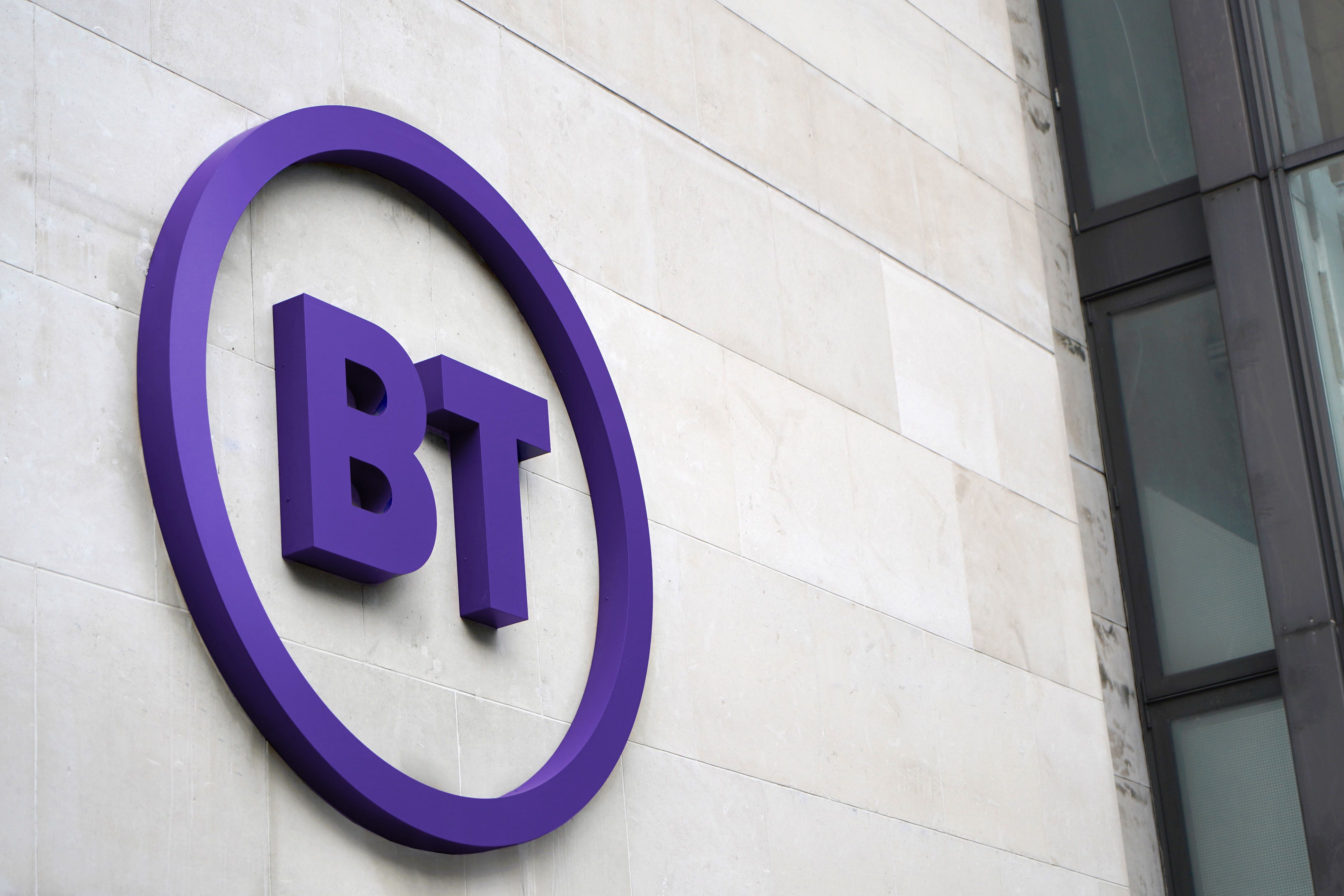Ofcom proposes slashing mobile network operator licence fees
The regulator said on Friday that it could reduce the fees it charges companies such as BT and Vodafone each year.

Mobile network companies could see their costs reduced by about £40 million a year after Ofcom proposed cutting some of the annual fees it charges them.
The regulator currently makes companies such as BT and Vodafone pay annual licence fees to use certain radio frequencies, known as spectrum bands.
The fees come to about £320 million per year and are paid to the Treasury.
Ofcom said on Friday that it could reduce the fees by about 21% for the 900 megahertz and 1800 MHz spectrums.
Meanwhile, for the 2100 MHz spectrum it could cut the annual fees by 12%.
The reductions would see mobile phone operators pay about £40 million less, with cost reductions for each operator.
The amount of the reduction varies by operator because they hold different amounts of spectrum in each of the bands.
Ofcom’s decision to review how much operators pay for the bands came after a request by telecoms giant BT.
Ofcom says the fees are designed to ensure the spectrum is used efficiently.
But companies often complain that they reduce profitability by increasing operating costs.
It is unclear whether the reduction in fees would be passed on to consumers in the form of lower prices.
Earlier in December, Vodafone and Three were given the green light to merge into one company.
The deal was approved by the competition watchdog on the condition both companies agree to invest billions to roll out a combined 5G network across the UK, the watchdog said.
The companies have also been told to offer shorter-term customer protections which would require the merged company to cap certain mobile tariffs for three years.
Vodafone and Three’s merger will create the UK’s largest mobile operator, with some 27 million customers.
Bookmark popover
Removed from bookmarks